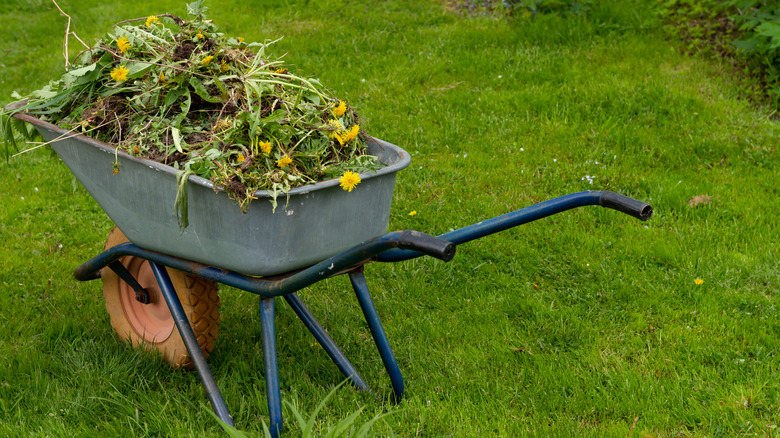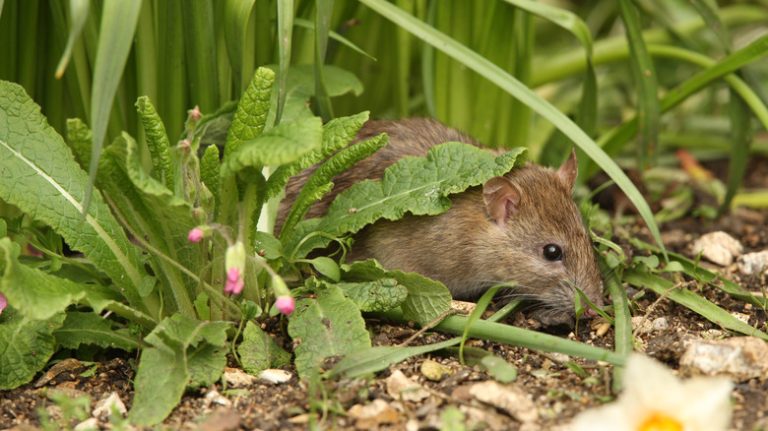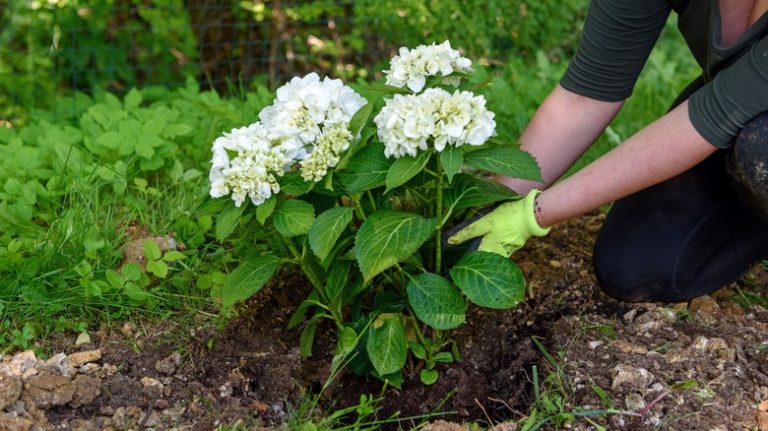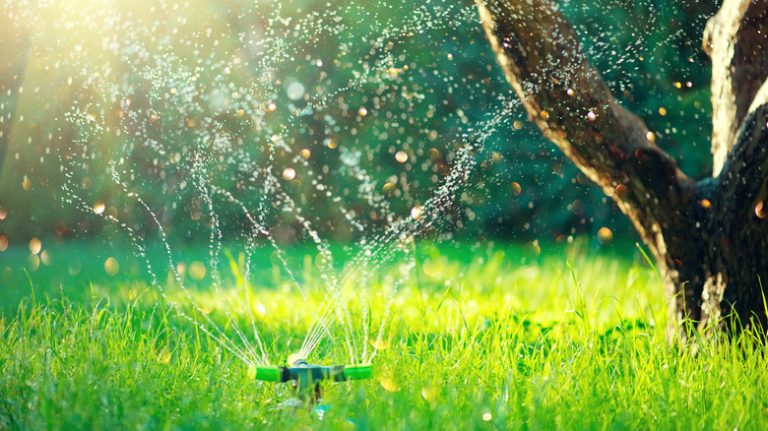You might not be used to the idea of using compost as lawn fertilizer, but it’s a great practice with lots of benefits. Think of compost as your garden’s superfood — you create a rich, earthy substance by letting organic waste like vegetable scraps, leaves, and grass break down. The result is a nutrient-dense soil amendment that gardeners often call “black gold.” When using compost to fertilize your lawn, you’ll quickly realize that composting is an art form in itself, requiring a delicate balance of ingredients, moisture, and air circulation.
Its benefits are even more intriguing — it keeps your lawn robust, healthy, and looking excellent. Compost improves soil health and structure as well as lawn nutrition, unlike synthetic fertilizers. Your lawn can absorb water and nutrients better. Green composting reduces garbage that might otherwise wind up in landfills and emit greenhouse gases. Better yet, compost increases soil water-holding capacity, reducing watering.
Composting might seem a bit complex when you start, but it’s more than just the final product — it’s also about the journey. And here’s the good news — with a bit of patience, you can become a composting pro in no time. It’s an interesting, rewarding process that pays off for your lawn and the planet.
Optimizing compost for lawn health

Before making compost, it’s important to understand the type of compost that’s best for your lawn. The finest quality compost for your lawn typically presents as a well-decomposed, dark, and crumbly substance with a pleasant, earthy aroma. Such characteristics indicate mature compost, a veritable powerhouse of nutrients your lawn needs. However, one critical element to comprehend is that not all compost is created equal. The nutrient content directly correlates with the ingredients that go into your compost heap. It implies that the nutritional profile of your compost could vary, necessitating a degree of experimentation on your part.
An ideal compost pile can include a variety of organic matter. Vegetable scraps, fruit waste, coffee grounds, and eggshells make a nutrient-rich mix, while yard trimmings like grass clippings, leaves, and small branches add necessary bulk and carbon. However, some ingredients should be avoided. Meat, dairy products, and diseased plants pose potential risks and should be left out of your compost bin. These items could attract pests or introduce diseases, which could then be transferred to your lawn. Lastly, remember to turn your compost pile frequently. By introducing oxygen into the pile — which is necessary for the microorganisms that break down the organic matter — this important step accelerates the decomposition process. With patience, precise component selection, and frequent upkeep, you can create a rich, nutritious compost that can significantly improve the health and radiance of your grass.
How to use compost as a lawn fertilizer

Once your compost fully decomposes into lush, dark soil, it is ready for use on your lawn. The decomposition process takes anywhere from one month to a year, depending on your local climate and the specific materials you utilize. There are numerous ways you can apply compost to your lawn. The most straightforward method is to evenly spread a thin, quarter-inch layer across your lawn. This technique, referred to as top dressing, revitalizes your lawn’s soil by reintroducing essential nutrients. This practice can occur once or twice annually, ideally aligning with the spring and fall seasons when the grass’s nutrient absorption is at its peak. If you are in the process of overseeding your lawn, compost also serves as an excellent top dressing to assist in the germination of the seeds.
Watering your lawn post-compost application is also crucial, as it encourages the compost to permeate the soil, reaching the roots where it has the most impact. In due course, you start to notice your lawn growing healthier, sporting denser grass and fewer weeds. Hence, incorporating compost into your lawn care regimen promotes a healthier lawn and supports more sustainable lawn management practices.



